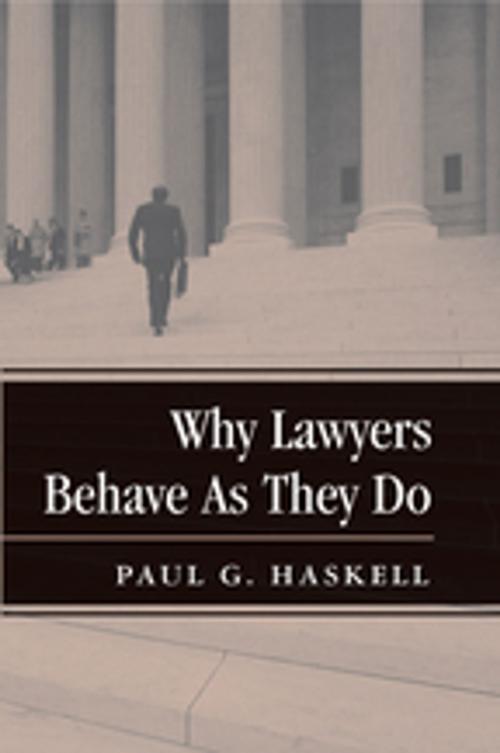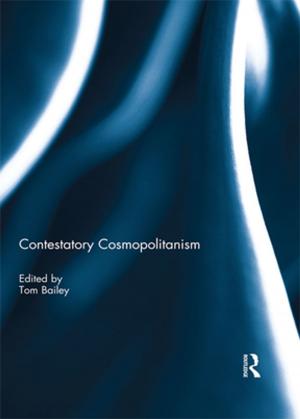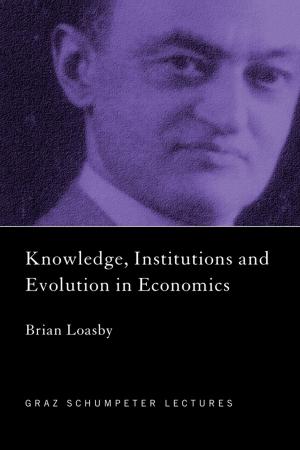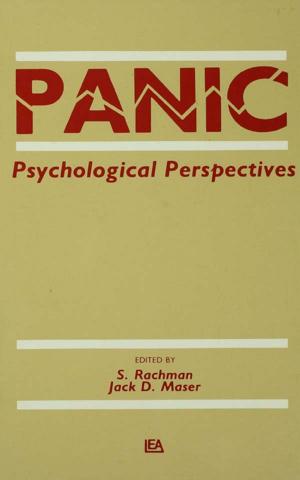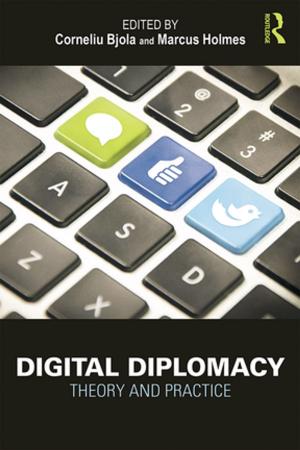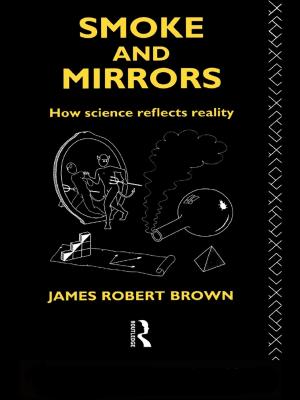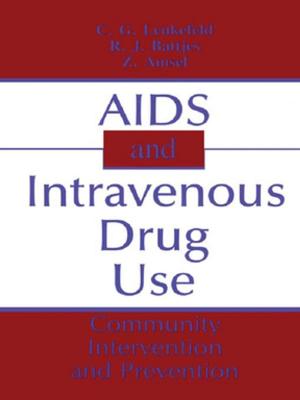| Author: | Paul G. Haskell | ISBN: | 9780429982699 |
| Publisher: | Taylor and Francis | Publication: | March 8, 2018 |
| Imprint: | Routledge | Language: | English |
| Author: | Paul G. Haskell |
| ISBN: | 9780429982699 |
| Publisher: | Taylor and Francis |
| Publication: | March 8, 2018 |
| Imprint: | Routledge |
| Language: | English |
In Why Lawyers Behave as They Do, Paul Haskell explains the professional rules that govern how lawyers behave and which permitor requireconduct that laypersons may find unethical. In his criticism of the traditional role of lawyers, Haskell proposes an alternativeand controversialmodel of behavior. Over the past five years, the American Bar Association and legal educators themselves have been expanding the discussion of professional responsibility. Traditionalists state that lawyers must maximize the gain for their client regardless of whether that means turning a blind eye to behavior or facts which may serve justice but hinder the clients case.In Why Lawyers Behave as They Do, Paul Haskell explains the professional rules that govern how lawyers behave and which permitor requireconduct that laypersons may find unethical. In his criticism of the traditional role of lawyers, Haskell proposes an alternativeand controversialmodel of behavior.
In Why Lawyers Behave as They Do, Paul Haskell explains the professional rules that govern how lawyers behave and which permitor requireconduct that laypersons may find unethical. In his criticism of the traditional role of lawyers, Haskell proposes an alternativeand controversialmodel of behavior. Over the past five years, the American Bar Association and legal educators themselves have been expanding the discussion of professional responsibility. Traditionalists state that lawyers must maximize the gain for their client regardless of whether that means turning a blind eye to behavior or facts which may serve justice but hinder the clients case.In Why Lawyers Behave as They Do, Paul Haskell explains the professional rules that govern how lawyers behave and which permitor requireconduct that laypersons may find unethical. In his criticism of the traditional role of lawyers, Haskell proposes an alternativeand controversialmodel of behavior.
